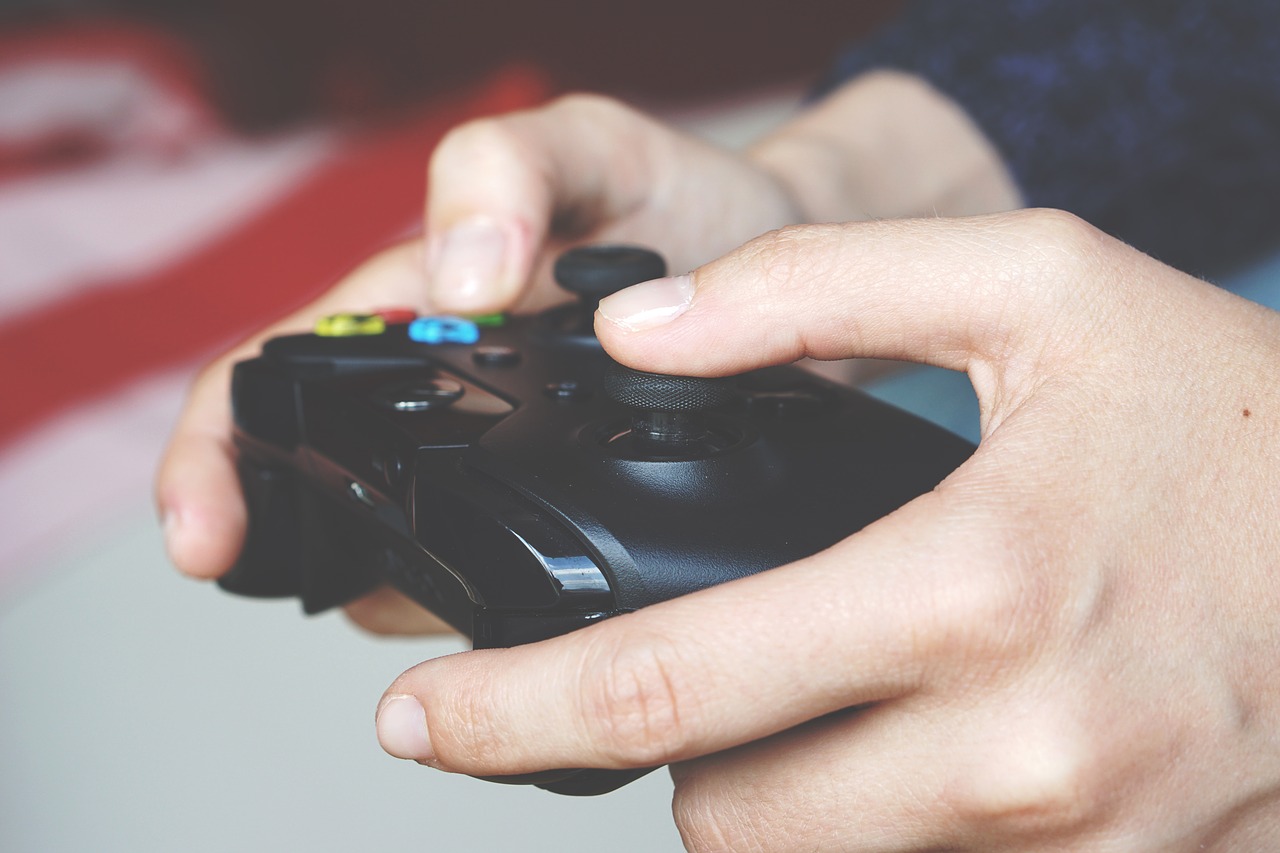Gamers may have an advantage when it comes to certain learning tasks, a new study suggests.
Researchers in Germany pitted gamers versus non-gamers in a learning experiment, and found that gamers performed considerably better, and showed increased activity in areas of the brain linked to learning, Psych Central reports.
Specifically, the gamers were more efficient at analyzing situations quickly to learn new things and put facts in order, especially in highly uncertain situations.
Neuropsychologists at the Ruhr-Universität Bochum recruited 17 volunteers who said that they played action-based video games on a computer or console for over 15 hours weekly. A second group consisted of 17 participants who did not regularly play video games.
Both sets of participants completed the weather prediction task, a test designed to examine the learning of probabilities. While the participants conducted the test, the researchers used magnetic resonance imaging to record brain activity.
The participants were shown a combination of three cards with different symbols on them. They had to predict whether the card combination predicted sun or rain, and received immediate feedback on whether they picked the correct answer.
This way, the participants eventually learned what the basics of the card combinations were, and which stood for what weather prediction, associating them with probabilities. The participants then completed a questionnaire to measure their new knowledge regarding the cards.
Results showed that the gamers were much better in combining cue cards with the correct weather predictions compared to the non-gamers. They performed even better with uncertain cue card combinations, such as those that predicted 60% rain and 40% sunshine.
In addition, the questionnaires showed that the gamers had more new knowledge about the card combination meanings.
Sabrina Schenk, one of the authors, said, “Our study shows that gamers are better in analyzing a situation quickly, to generate new knowledge and to categorize facts, especially in situations with high uncertainties.”
This type of learning is highly associated with activity in the hippocampus, the region of the brain responsible for learning and memory. Schenk said, “We think that playing video games trains certain brain regions like the hippocampus.” She added, “That is not only important for young people, but also for older people — this is because changes in the hippocampus can lead to a decrease in memory performance. Maybe we can treat that with video games in the future.”
The study was published in published in the journal Behavioural Brain Research.
























